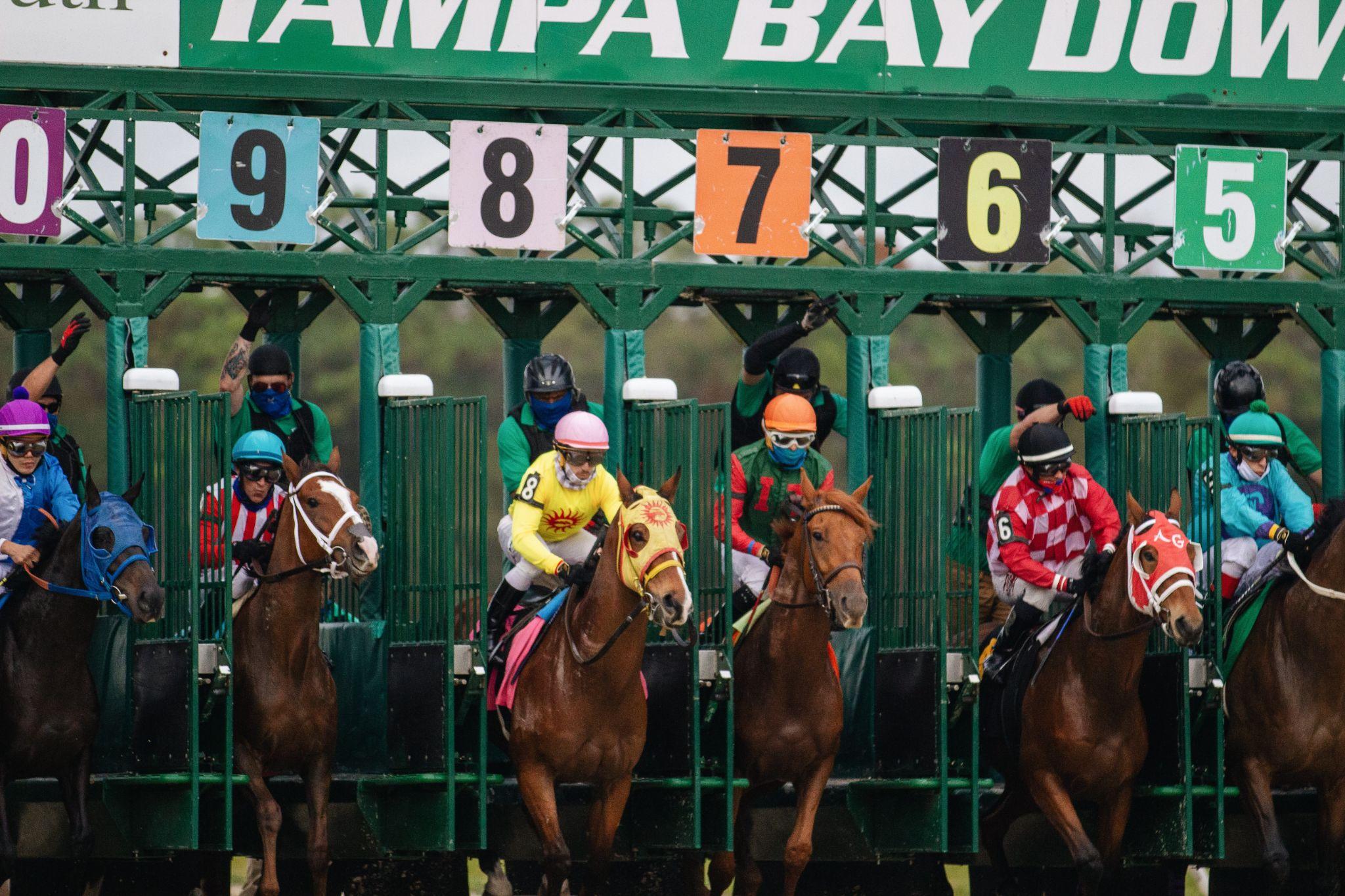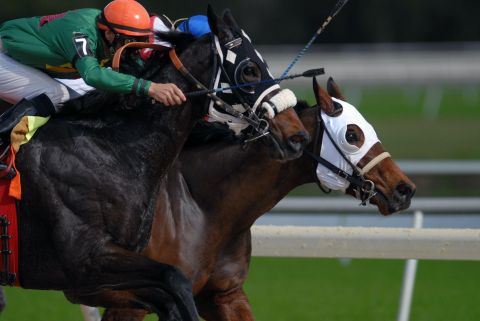The Psychology of Horse Race Betting: Understanding Your Mind in the Game
1Xbet offers race horse betting is a stimulating and old-fashioned activity that combines the fun of sports with the excitement of gambling. As people watch strong horses run fast on the racetrack, they have a complicated mental interaction that influences their choices on who to bet on. This article talks about why people make certain decisions when they bet on horse races. It explains how our thoughts, emotions, and biases affect our choices at the racetrack.
The Allure of Uncertainty
At the heart of horse race betting lies the allure of uncertainty. The unpredictability of each race creates an environment where anticipation and excitement run high. Humans are naturally drawn to uncertain outcomes, and this attraction is amplified in the context of gambling. The brain's reward system releases a chemical called dopamine when something good or surprising happens. This chemical in our brain makes us feel happy when we bet, so we keep coming back for more fun.
Cognitive Biases and Decision Making
Cognitive biases are inherent flaws in our thinking processes that can lead to irrational decisions. When it comes to horse race betting, several biases come into play:
1. The Gambler's Fallacy:
This bias involves believing that past events influence future outcomes. For instance, if a horse has lost several races in a row, some bettors might assume that it's "due" for a win. This overlooks the randomness of the race and can lead to poor betting decisions.
2. Anchoring Bias:
Anchoring bias happens when people rely a lot on the first piece of information they come across when making decisions. In horse race betting, the beginning odds can act as a starting point, affecting how people think about what might happen and influencing their bets.
3. Confirmation Bias:
Confirmation bias means that people tend to look for information that supports what they already believe, and they ignore information that goes against their beliefs. Gamblers might only pay attention to things that make their chosen horse look good and ignore things that suggest it may not do well.
4. Herding Behavior:
Humans are social creatures, and this is evident even in betting behavior. Watching other people bet on a specific horse may make you feel like you're missing out, causing you to join in without doing your own research.
Emotions and Risk-Taking
Emotions play a significant role in horse race betting. The feeling of being excited and looking forward to something can make you feel a lot of different emotions, like feeling hopeful, worried, or let down. These emotions influence risk-taking behavior and decision-making:
1. Loss Aversion:
People tend to feel losses more acutely than gains of the same magnitude. This dislike of losing can make gamblers make sudden decisions to try to recover their losses, which can make their financial losses worse.
2. Overconfidence:
Overconfidence in one's judgment can lead to larger and riskier bets. Some people who bet on races may think they are really good at guessing who will win. This makes them place bets even when they should probably not.
3. Emotional Highs and Lows:
Winning a bet triggers feelings of euphoria, while losing can result in frustration or disappointment. These intense happy and sad feelings can cause people to do things that don't make sense, like trying to win back money they've lost or making sudden risky bets to feel the excitement of winning again.

Strategies for Mindful Betting
Understanding the psychology behind horse race betting can help bettors make more informed and mindful decisions:
Research: Conduct thorough research on the horses, jockeys, and track conditions. Avoid relying solely on emotions or social cues.
Set Limits: Establish a budget for betting and stick to it. Avoid chasing losses by making impulsive bets to recover previous losses.
Understand your biases: Be aware of the automatic ways your brain makes decisions and consciously try to overcome them.
Manage Emotions: Stay aware of your emotional state while betting. Take breaks if you're feeling overwhelmed by excitement or frustration.
Spread out your bets across different races or strategies instead of putting all your money in one place.
In summary, the way people think and feel when they bet on horse races is very interesting. It involves not knowing what will happen, how people's brains can make mistakes in thinking, their feelings, and how they make choices. By understanding how people think and feel, gamblers can make smarter and more thoughtful choices, which will make their time at the racetrack more enjoyable. Don't forget, although betting can be exciting, it's better to be responsible and educated so that you can have a more enjoyable time and maybe even make some money.
